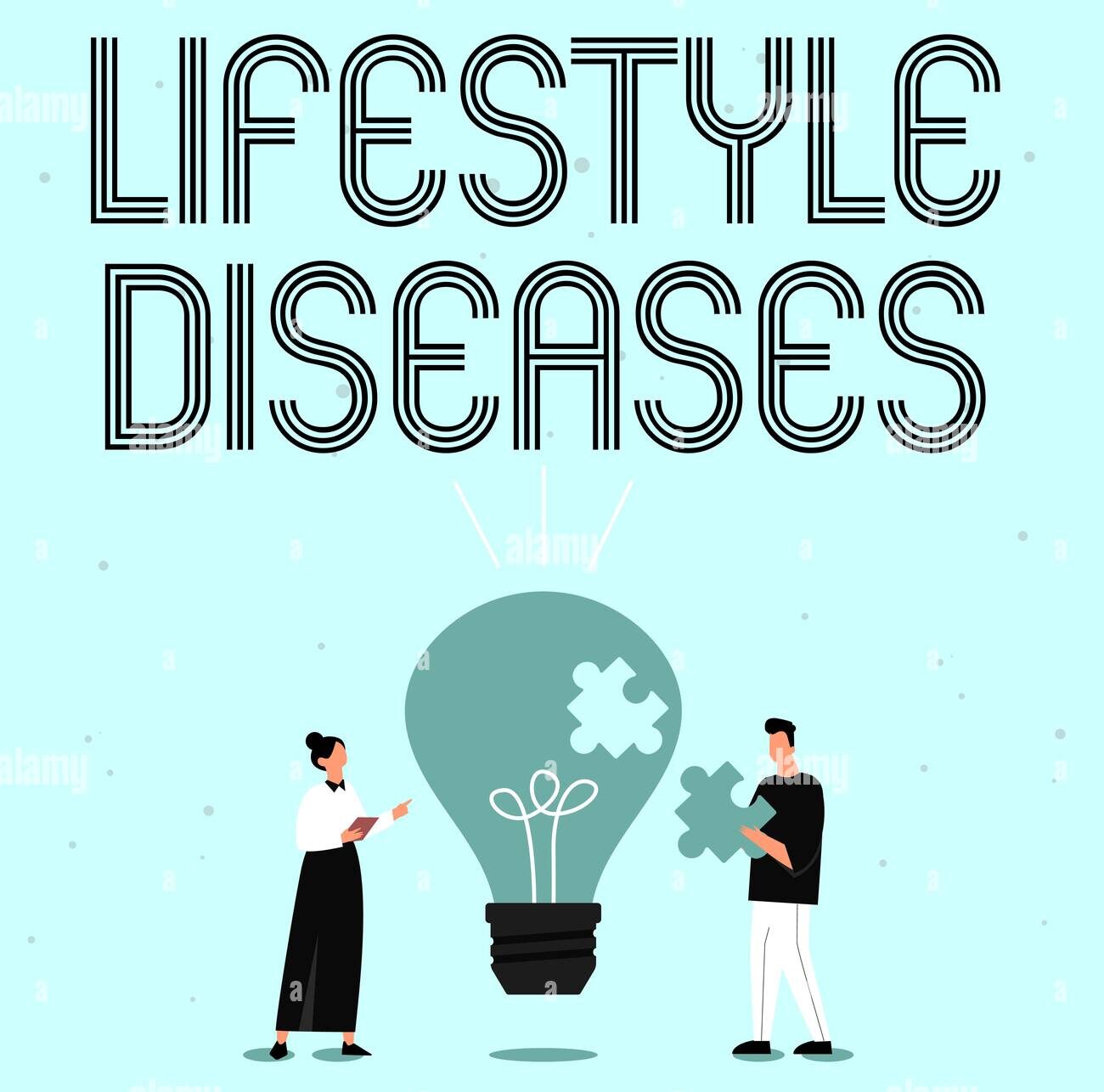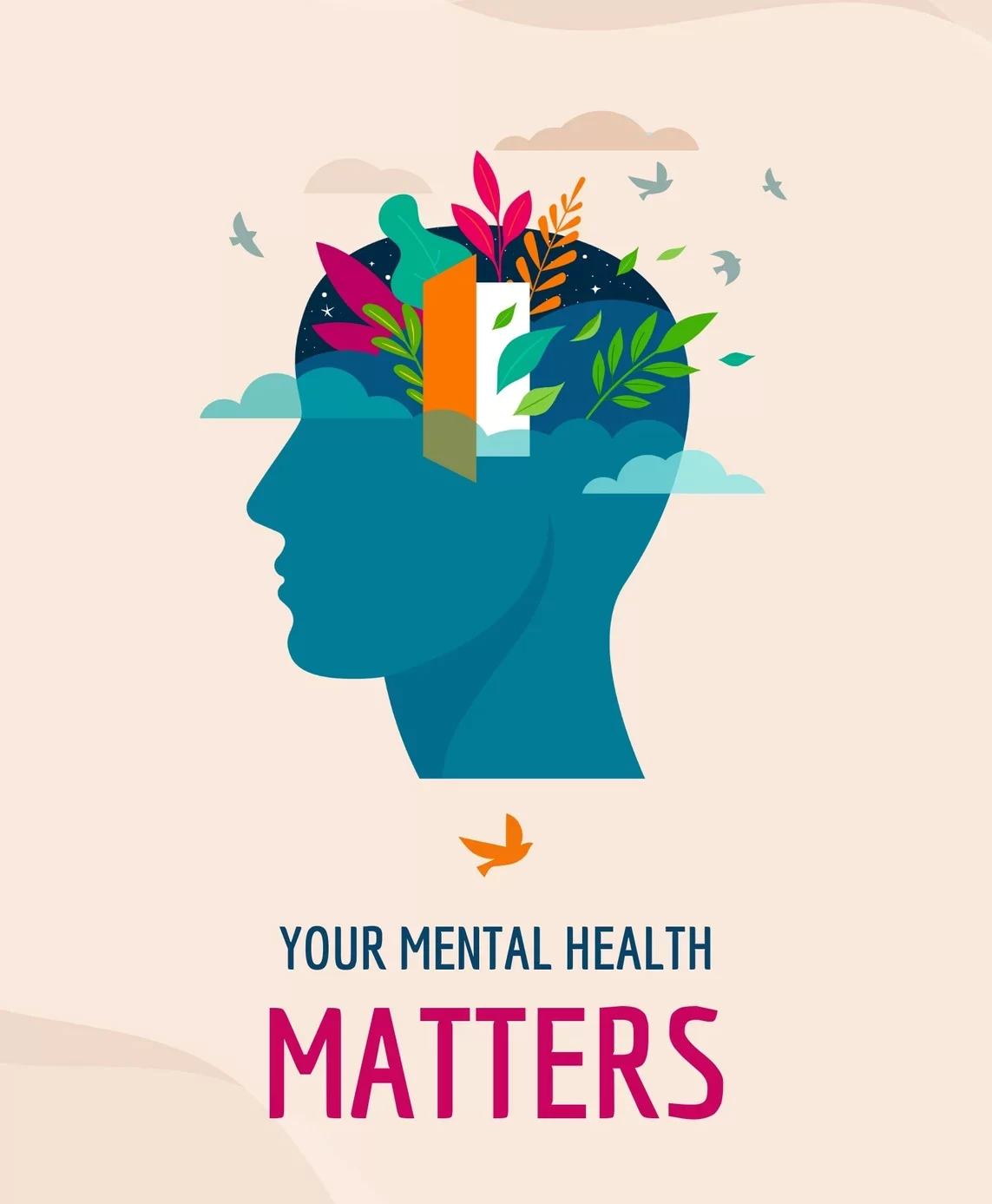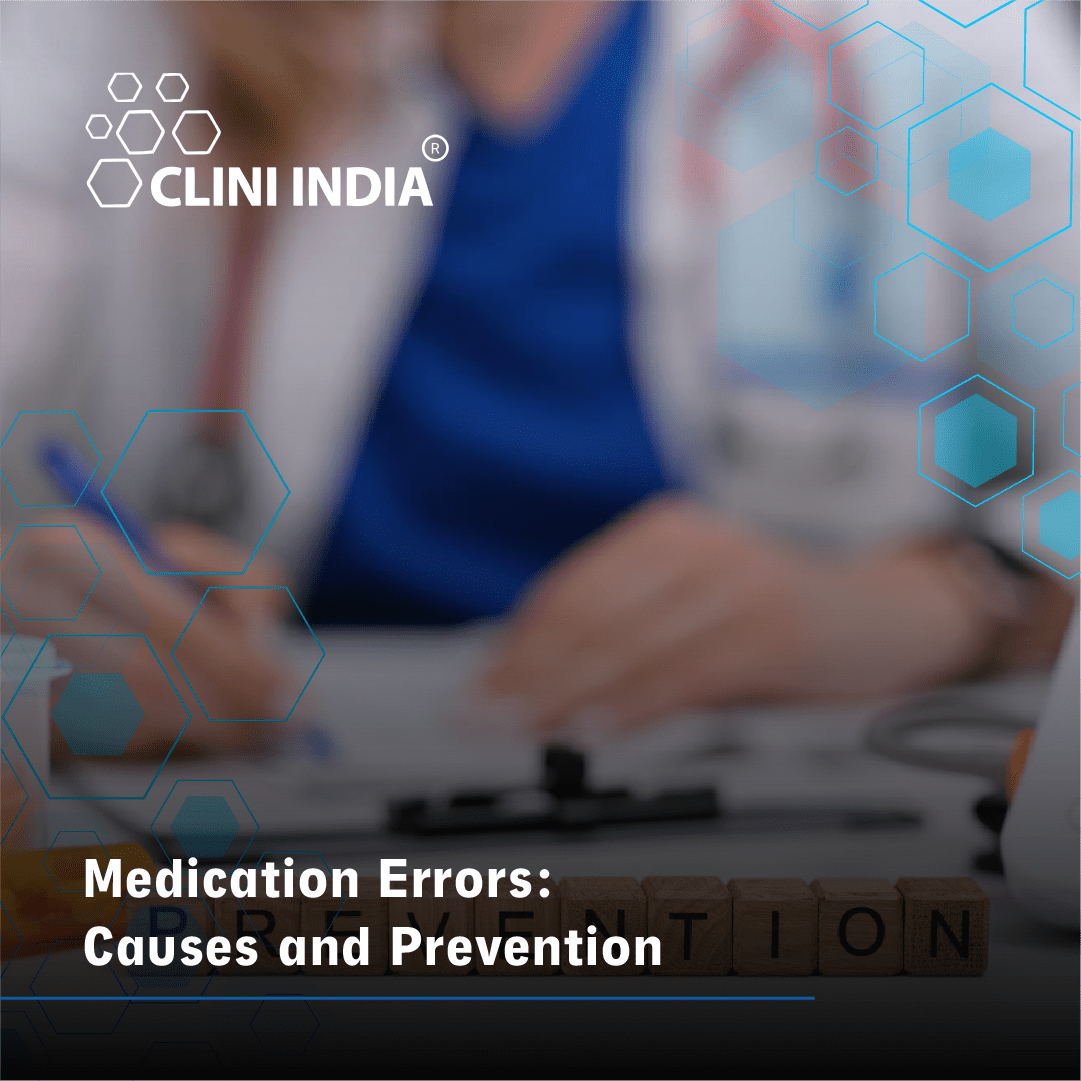
Vaccines: Myths vs. Facts
Separating Science from Misinformation
Vaccines have been one of the greatest achievements in modern medicine, saving millions of lives by preventing deadly diseases. Yet, despite decades of scientific evidence, misconceptions and fear still surround vaccinations—largely due to misinformation, myths, and a lack of awareness.
💬 Myth #1: “Vaccines cause the disease they are meant to prevent.”
✅ Fact: Vaccines are designed to stimulate the immune system without causing the disease. Most contain weakened or inactivated parts of the pathogen or genetic material that cannot cause illness but help your body build immunity. While mild side effects like fever or soreness can occur, vaccines do not cause full-blown illness.
💬 Myth #2: “Vaccines cause autism.”
✅ Fact: This myth stems from a now-discredited study from 1998 that falsely linked the MMR (measles, mumps, rubella) vaccine to autism. That study has since been retracted, and multiple large-scale studies have found no connection between vaccines and autism. This is one of the most harmful vaccine myths that continues to circulate despite being scientifically debunked.
💬 Myth #3: “Natural immunity is better than vaccine-acquired immunity.”
✅ Fact: While natural infection can sometimes provide strong immunity, it comes at a high risk—serious illness, long-term complications, or even death. Vaccines provide immunity without the suffering. For example, contracting measles can lead to pneumonia, brain swelling, or death, whereas the MMR vaccine is safe and effective.
💬 Myth #4: “Too many vaccines can overload the immune system.”
✅ Fact: The immune system is incredibly capable—it handles thousands of antigens (foreign substances) daily. The amount introduced by vaccines is tiny in comparison. Scientific evidence shows that receiving multiple vaccines as per the schedule is safe and effective, even for infants and young children.
💬 Myth #5: “Vaccines are only for children.”
✅ Fact: Vaccination is important at every stage of life. Adults need vaccines too—like the flu shot, Tdap, shingles vaccine, HPV vaccine, and COVID-19 boosters. Pregnant women, seniors, healthcare workers, and travelers may have specific vaccine needs.
💬 Myth #6: “If everyone else is vaccinated, I don’t need to be.”
✅ Fact: This belief threatens herd immunity, which protects vulnerable individuals who can’t be vaccinated (e.g., infants, immunocompromised people). For herd immunity to work, a high percentage of the population must be vaccinated. Skipping your vaccines puts others at risk.
💬 Myth #7: “Vaccines contain harmful ingredients.”
✅ Fact: Vaccines may contain preservatives, adjuvants (to boost immune response), and stabilizers—but these are present in extremely small, safe amounts, well below toxic levels. Each ingredient is carefully tested for safety and approved by regulatory bodies.
Why Trust Vaccines?
Vaccines go through rigorous testing in clinical trials, followed by continuous monitoring even after approval. Organizations like the World Health Organization (WHO), CDC, and national health agencies ensure vaccine safety and effectiveness.
Final Thoughts: Choose Facts Over Fear
Vaccines are safe, effective, and life-saving. They’ve eradicated smallpox, nearly wiped out polio, and significantly reduced diseases like measles, tetanus, and diphtheria. But the fight isn’t over—misinformation can be as dangerous as disease.
Let’s commit to making informed decisions, supporting science, and protecting not just ourselves, but our entire communities.
✅ Protect yourself. Protect others. Trust the science. Get vaccinated.


























































